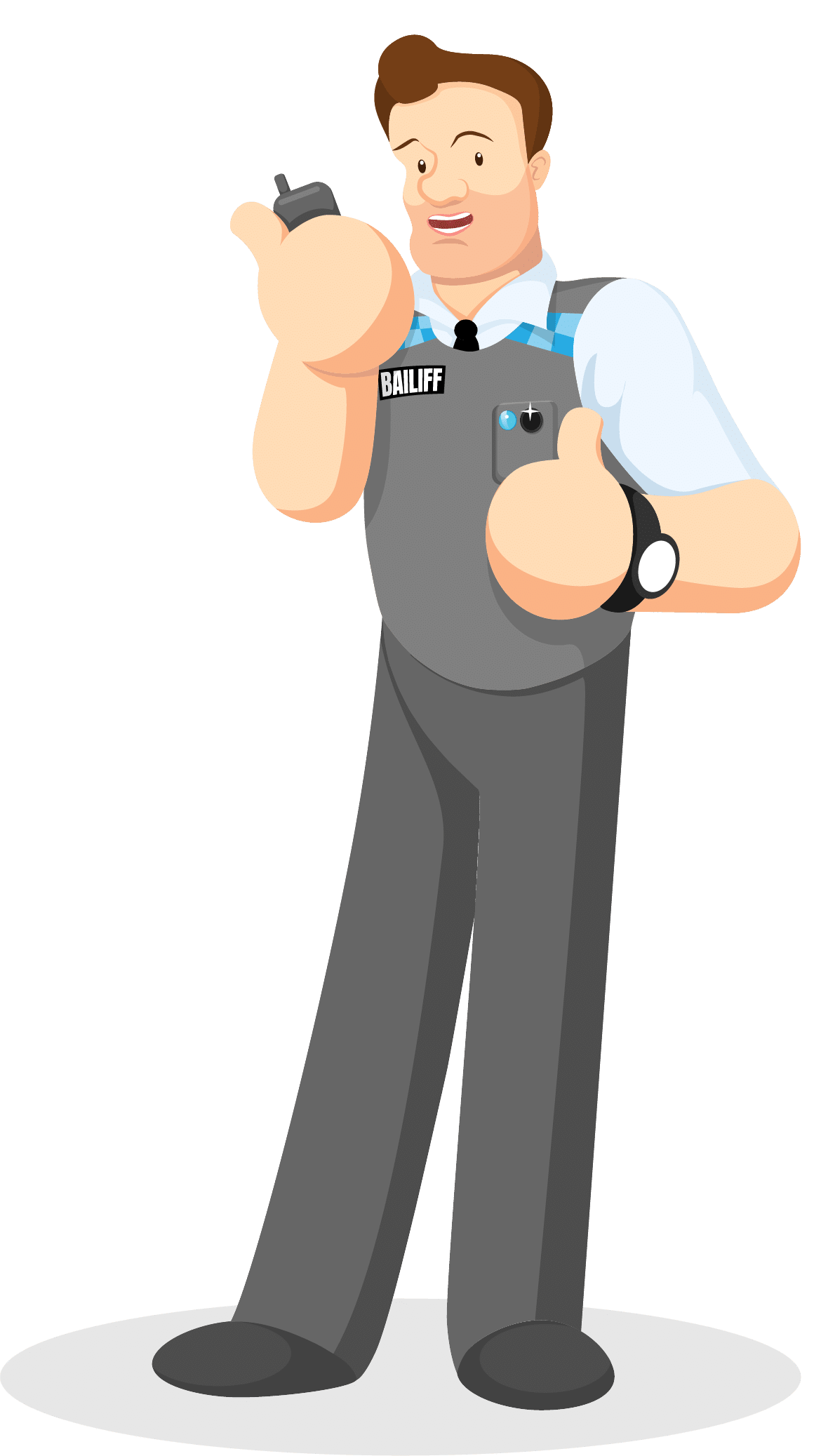Gambling Debt Help & Advice
Gambling debt is common within the UK with 20.9% of gamblers admitting that they have lost ‘hundreds’ through gambling. Falling into debt because of gambling might not as hard as it seems and most gamblers do not even realize the debt they are getting into. Gambling has now become part of everyday life, especially when it comes to sports.
Negative effects of gambling in your life:
Gambling affects both your financial situation and your personal life and relationships:
Finances
It is a widespread phenomenon that those who struggle with compulsive gambling are likely to experience financial trouble. Bills left unpaid and cutting on important expenses is very common among people who gamble.
In many cases, gambling leads to excessive debt as individuals tend to fund their betting with overdrafts, credit cards, or payday loans. To make things worse, many of them are tempted to gamble more to pay off these debts, creating a vicious cycle that may leave you with worse money struggles than before.
Mental Health
According to research gambling combined with debt can lead to serious mental health issues. Anxiety, low self-esteem, depression, and even insomnia are some of the effects gambling has on its practitioners. Gambling= is a serious addiction and as such, it can cause people to lose interest in things they previously enjoyed. Eventually, this will lead to more time spent gambling and more money lost.
Personal Relationships
Partners and sometimes whole families tend to argue over gambling and the financial problems it can cause. Usually, people who gamble tend to spend more time gambling than with their beloved ones.
Gambling and excessive debt can create serious trouble in someone’s work and career. Anxiety, loss of concentration, irritability and other symptoms will bring someone’s job position at risk. Gamblers tend to spend more and more time with betting and eventually lose interest in work.
What are the warning signs of problem gambling?
Here are some key points that might indicate a problem with gambling in an individual:
Regularly spending more than planned on gambling or spending money on gambling instead of important bills.
Using gambling as a distraction from other things going on in their life
Having feelings of guilt or shame about your gambling habits
Using things such as an overdraft, credit card, or payday loan to fund your gambling
Trying to pay off debts through gambling
How to manage a gambling problem
Here are some steps someone can take to overcome their gambling problem or help a family member with it.
Small changes – It is important to change patterns of behavior that trigger the need to gamble. For example, avoiding specific places might help you reduce the risk of gambling.
Practice exclusion – Some betting shops or even betting websites refuse from time to time to serve their customers to prevent them from gambling.
Sharing your problem – talking to a friend or a family member might help you see things in perspective and try to solve your problem.
Speak to an Expert – there are free helplines that can help you while many companies provide counseling to help you get gamble free.
Get Help to clear your Gambling Debts – It is probably the hardest but most important thing to pay off your debts. You may be able to do this by entering into a debt solution however, you will need to prove that you are resolving your gambling problem before entering into any of these agreements.
If you need advice on how to solve the debt problems you can contact us today and get in touch with one of our advisors who will help you go through possible solutions.








